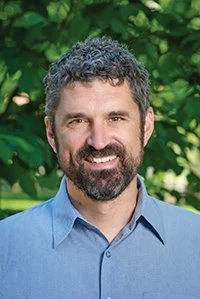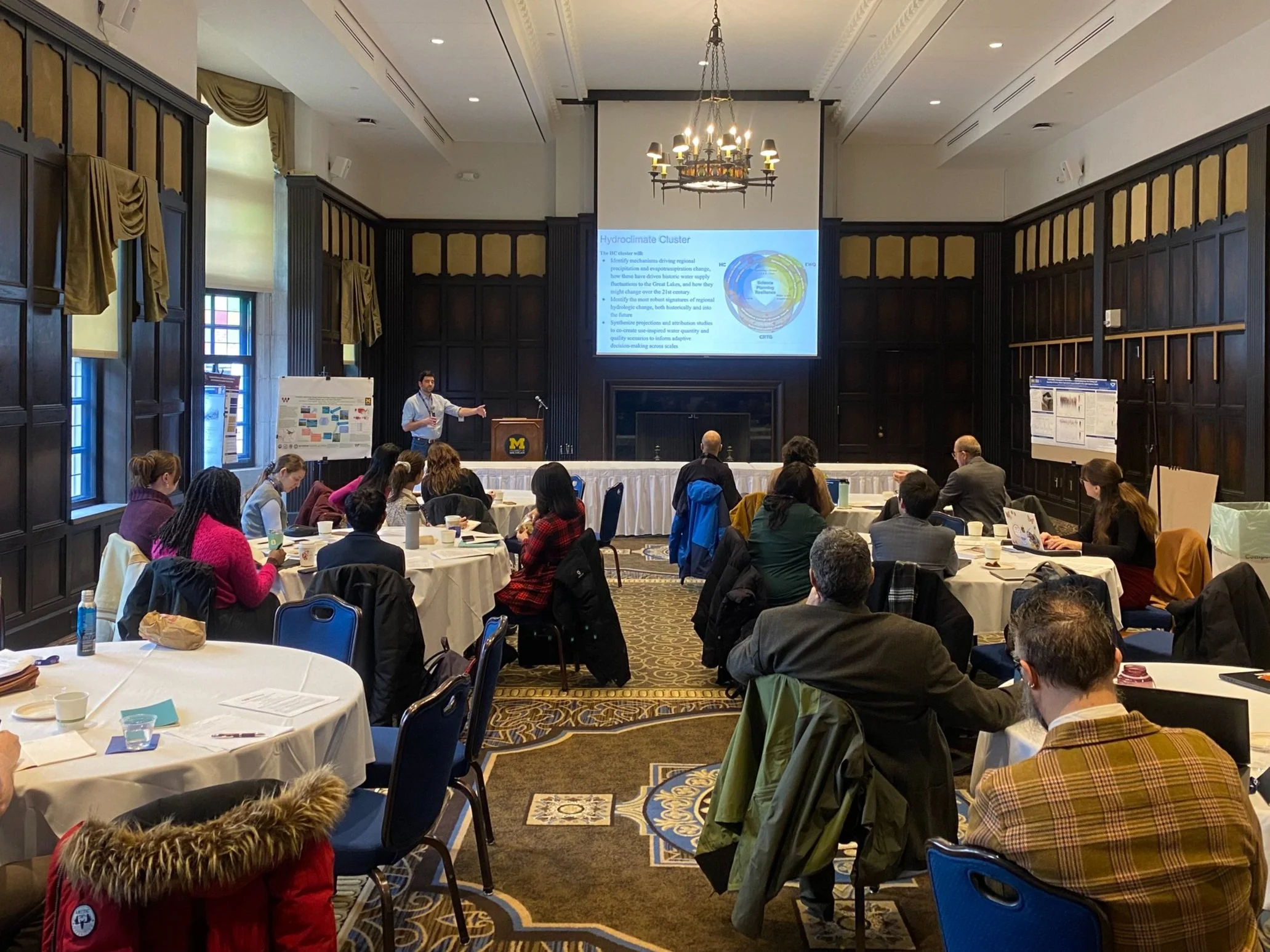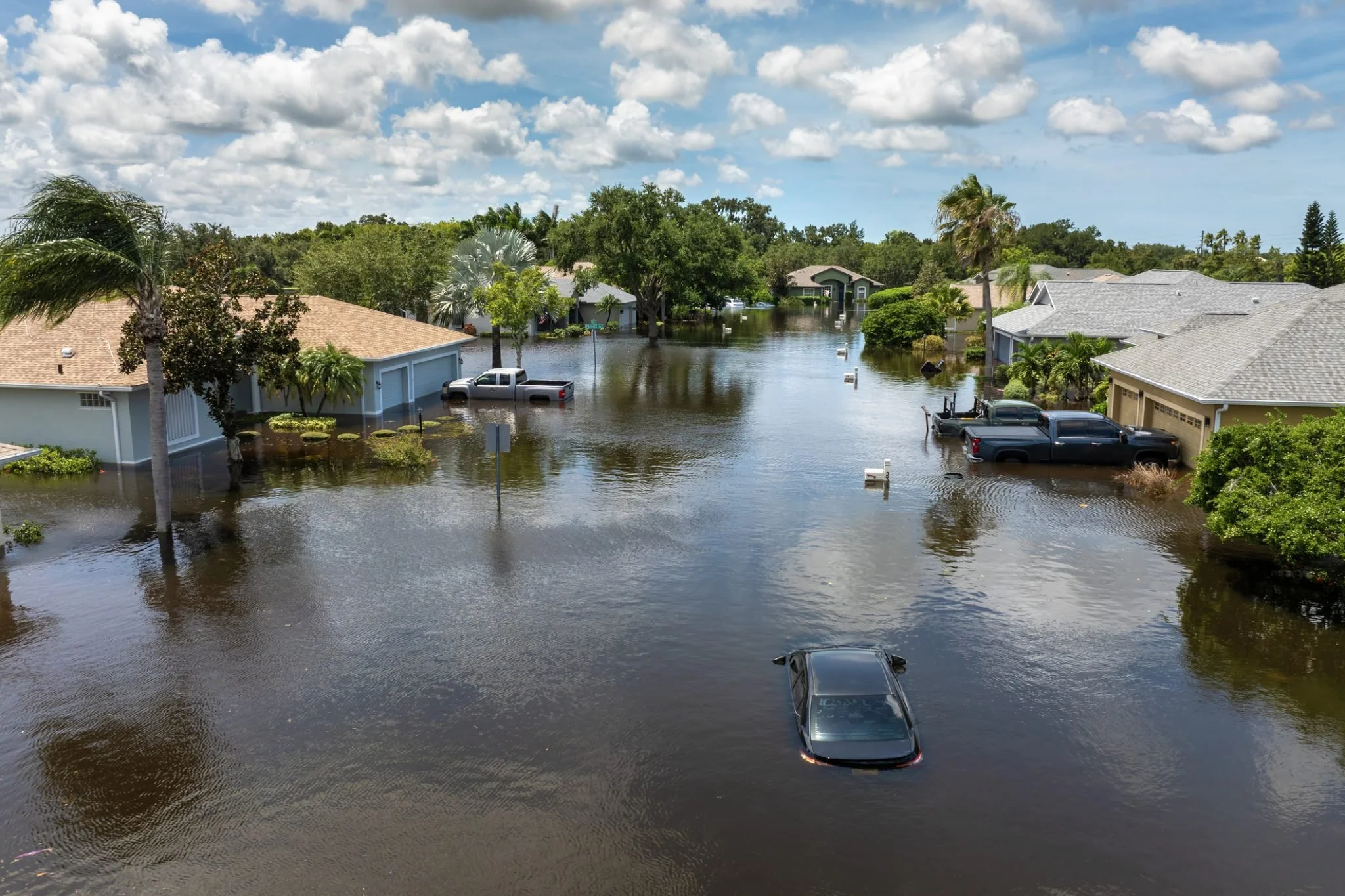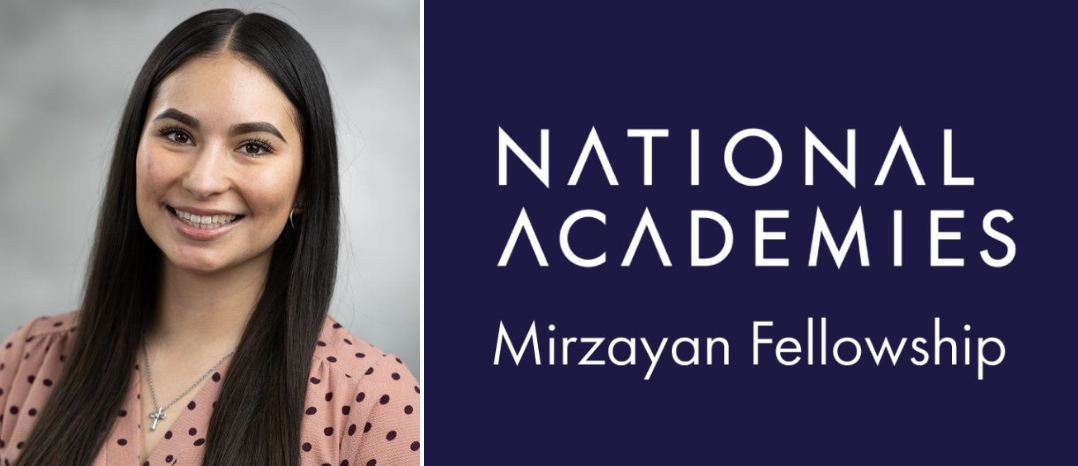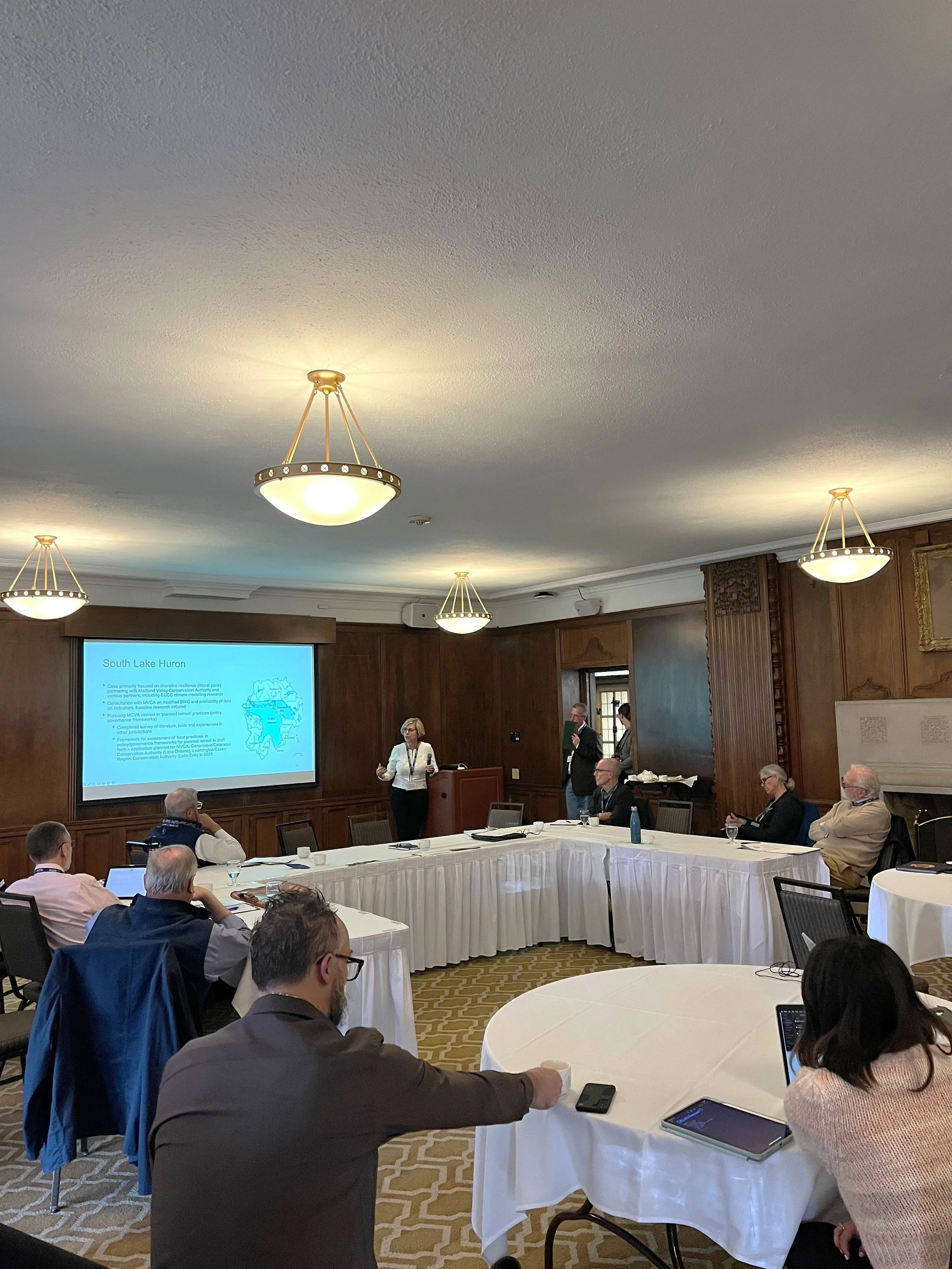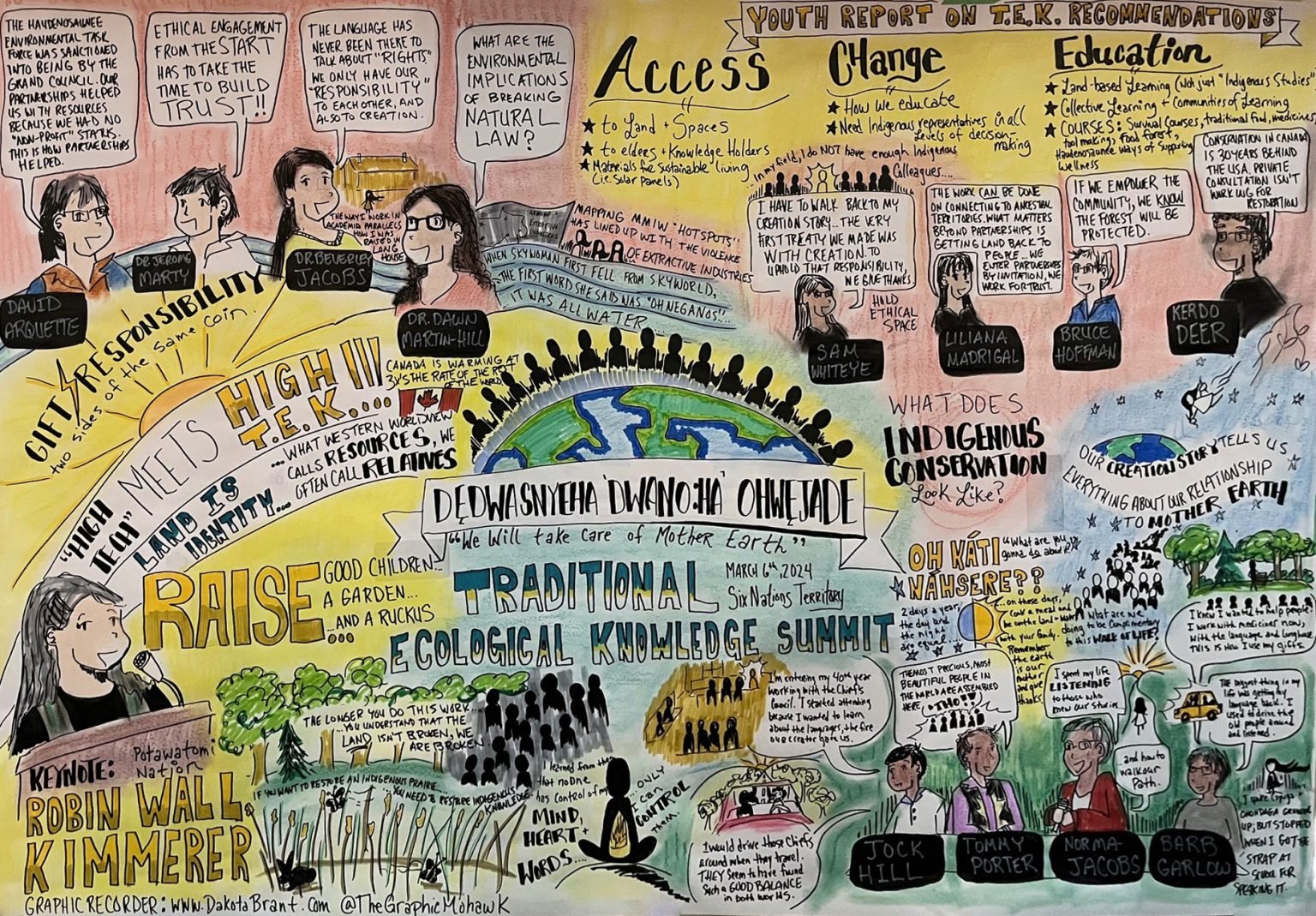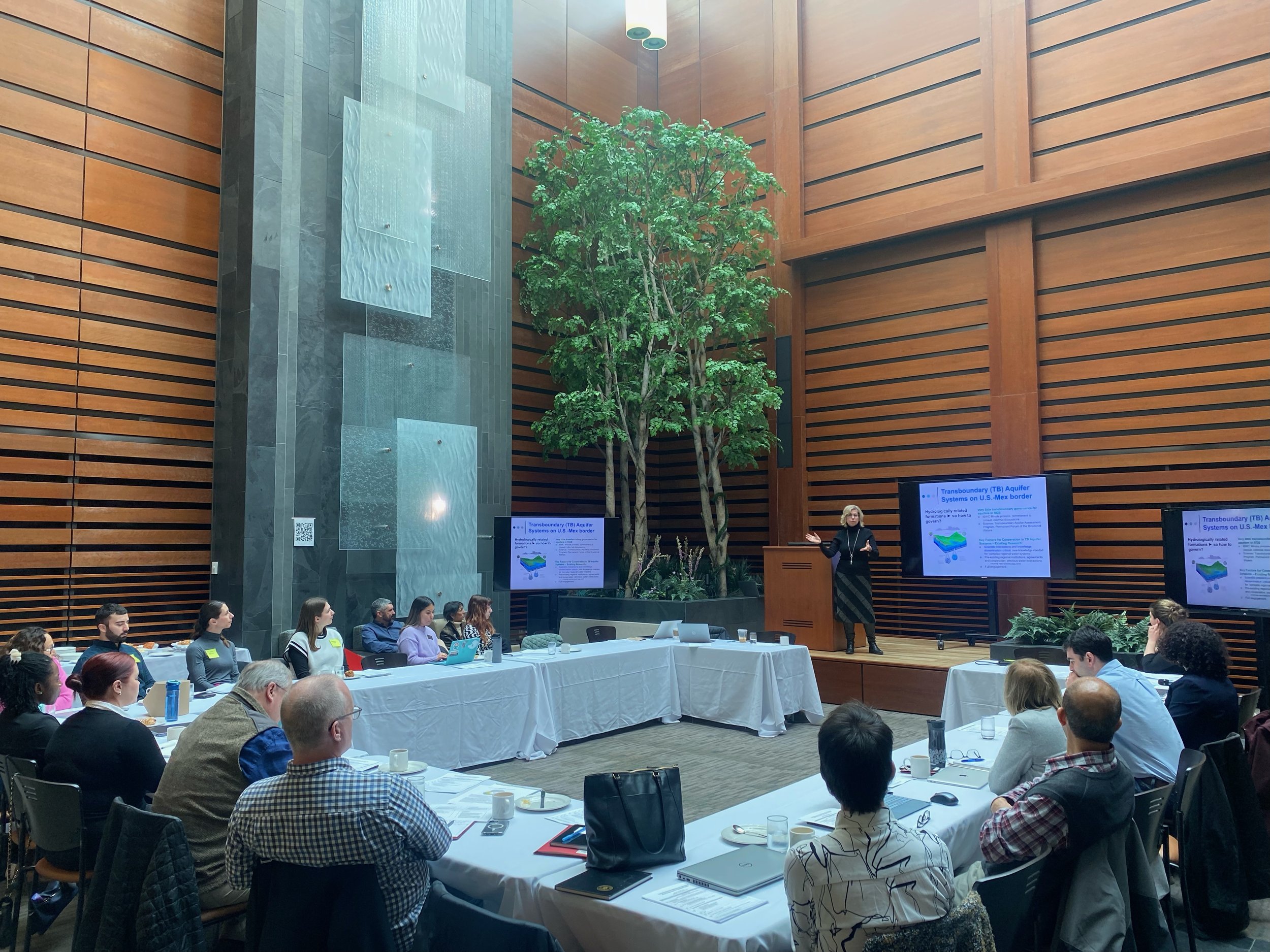
Global Center for Climate Change and Transboundary Waters
Hello - Aaniin - Bonjour - Posoh - Hola - Shé:kon
One Center. Five Founding Nations. Global Collaboration.
The Global Center for Climate Change and Transboundary Waters (GCTW) leads innovative research to understand and generate resilience to water crises in transboundary regions. Leveraging international expertise, it studies water resources spanning the North American geopolitical boundaries and aims to engage vulnerable communities around the world.
Three Dynamic Research Clusters
Hydro-Climate - Developing foundational data on climate change impacts on transboundary water resources using advanced modeling techniques.
Ecosystem and Water Quality Monitoring - Understanding climate change impacts on water quality that affects ecosystems and communities.
Climate Ready Communities and Transboundary Governance - Increasing capacity for governance, management, and disaster resilience in partnering communities.

Guided by Traditional Ecological Knowledge and Indigenous Partners
The Center emphasizes the integration of Traditional Ecological Knowledge (TEK) with classical western science by cultivating mutually beneficial relationships with Indigenous communities through listening, learning, and giving back.
Current Indigenous partners include the Menominee Nation, the Six Nations of the Grand River, and the Red Lake Band of Chippewa Indians.
Advancing Climate Modeling to Prepare a Changing World
The Center is developing high-accuracy digital models capable of predicting climate impacts on the hydrological and ecological systems of transboundary waterways.
Hydro-climate Modeling (HC) is one of the three research clusters that GCTW has created to develop forward-thinking solutions for at-risk transboundary communities.
A Center with a Global Scope
Over a five+ year program, the Center will develop international relationships that cultivate idea-sharing and knowledge-building around the globe.
Beginning in the North American Great Lakes and extending to communities around the world, active engagement with leaders in vulnerable transboundary regions is a cornerstone of the GCTW research mission.
Our Collaborators
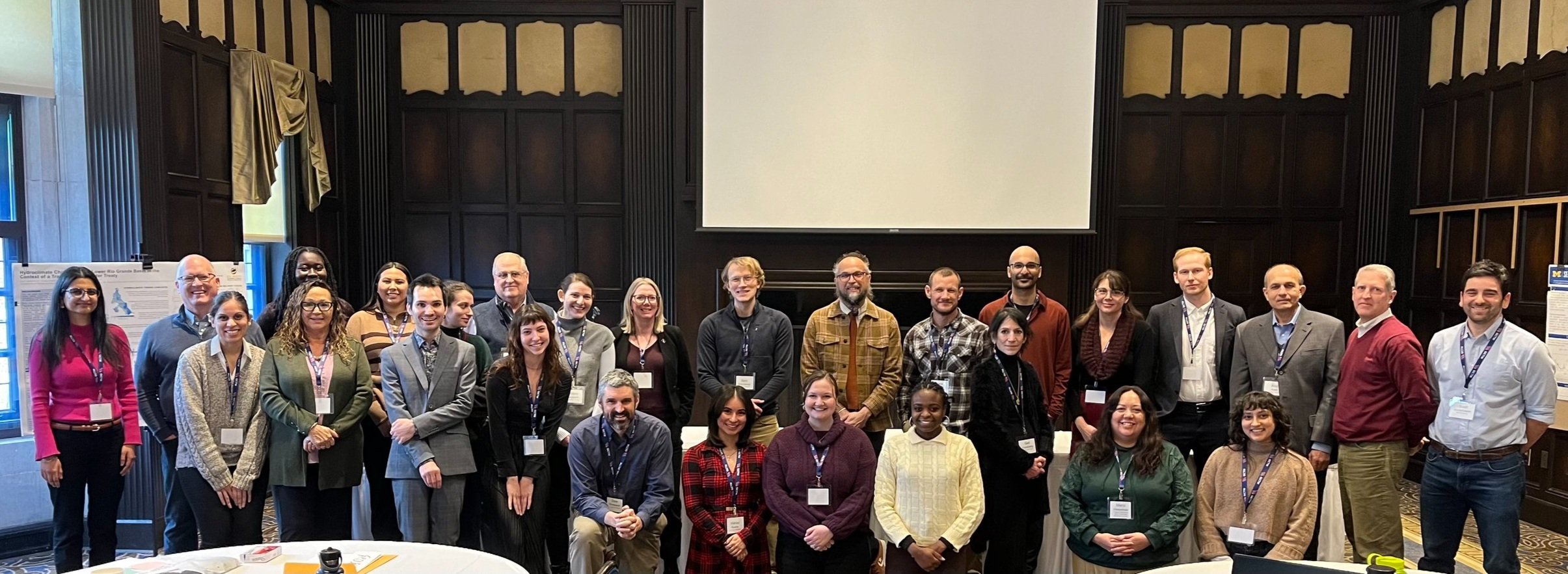
Contact
Feel free to reach out to us with any questions. For inquiries, please contact:
Email: admin@gctwaters.org



